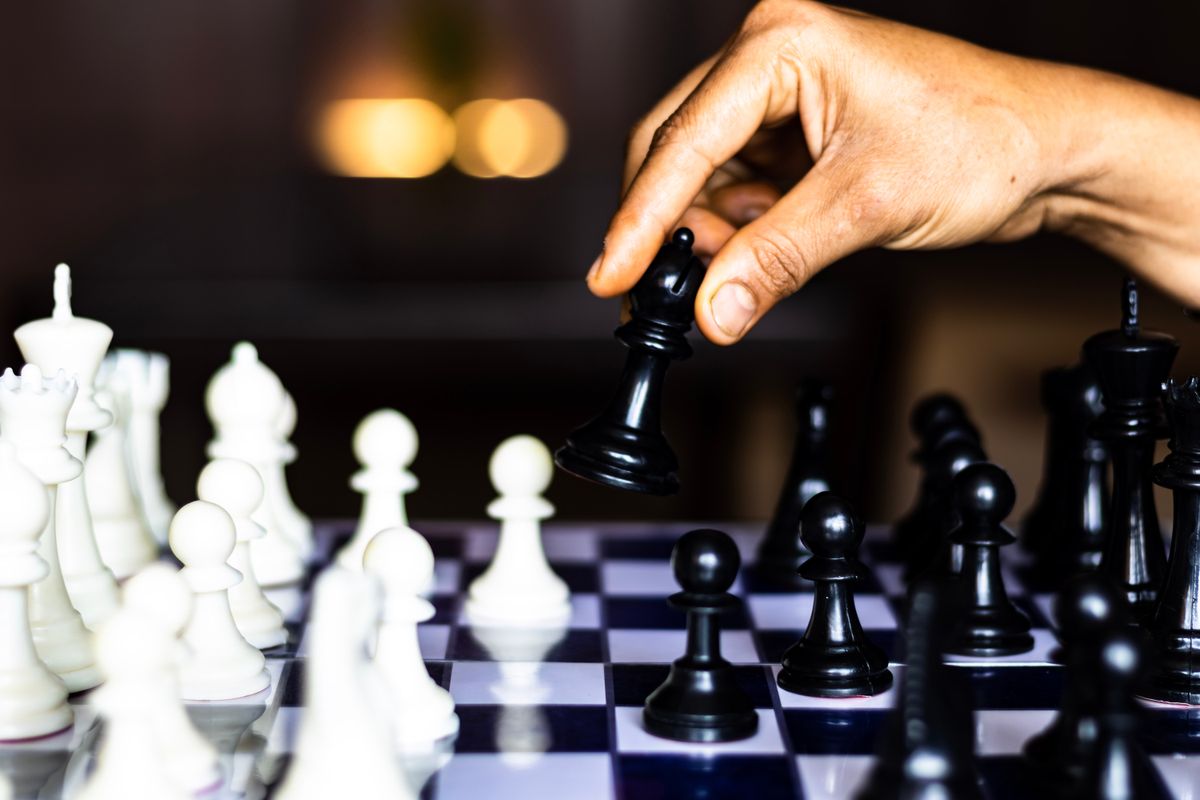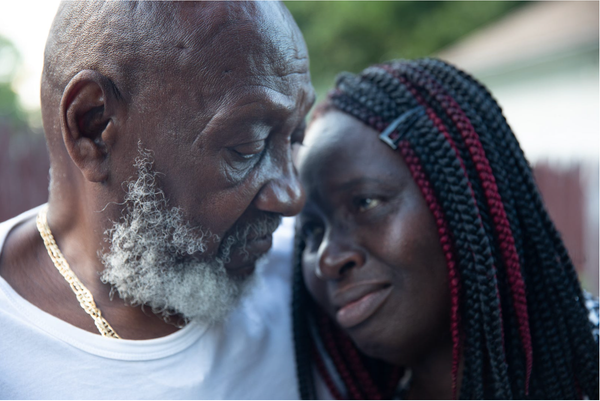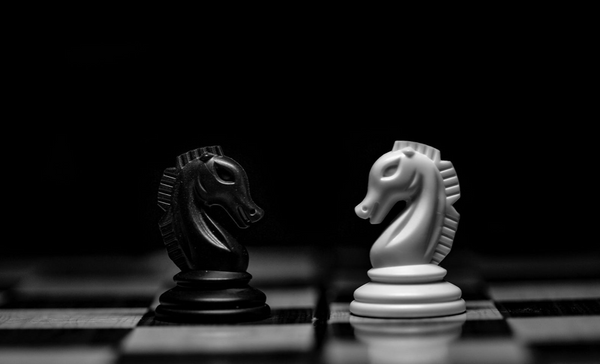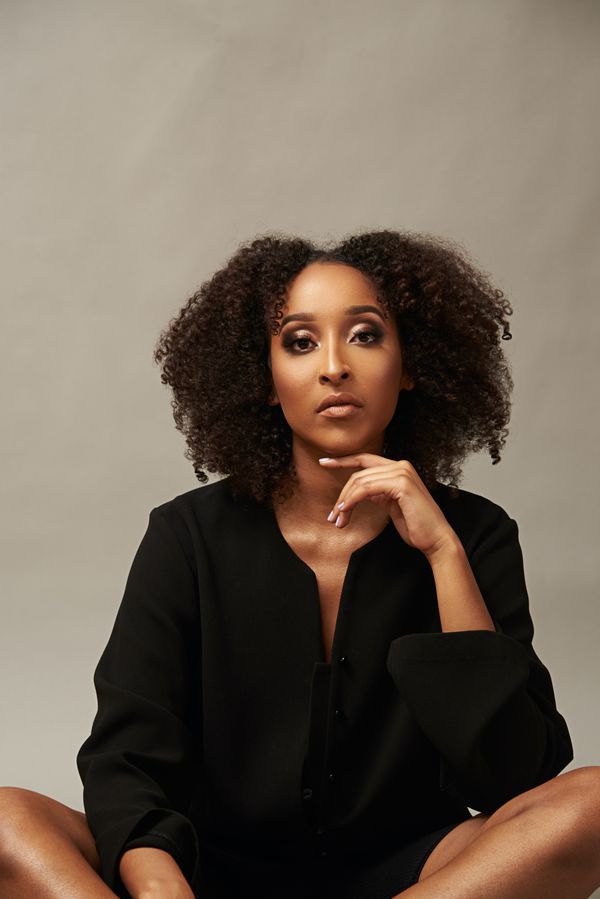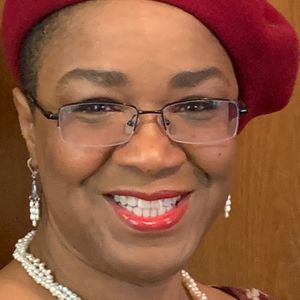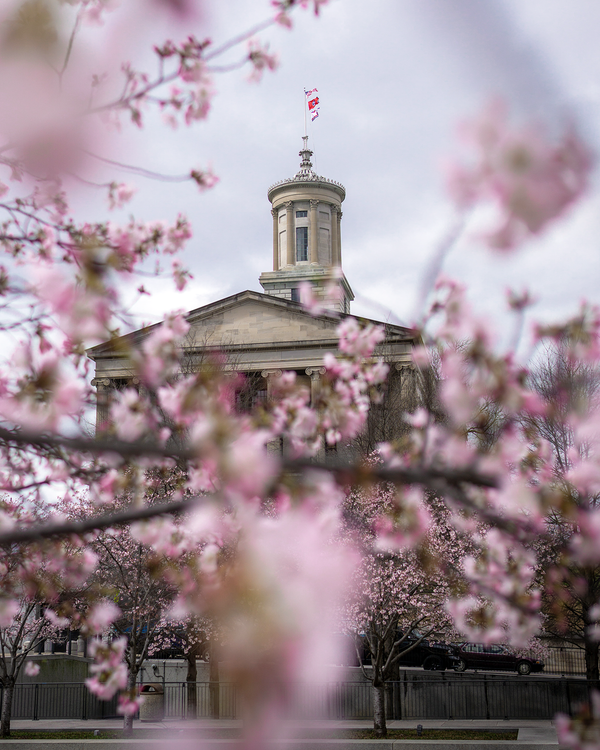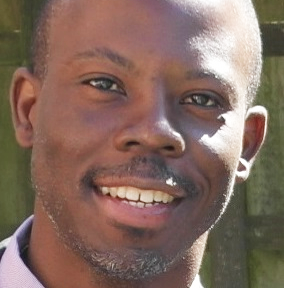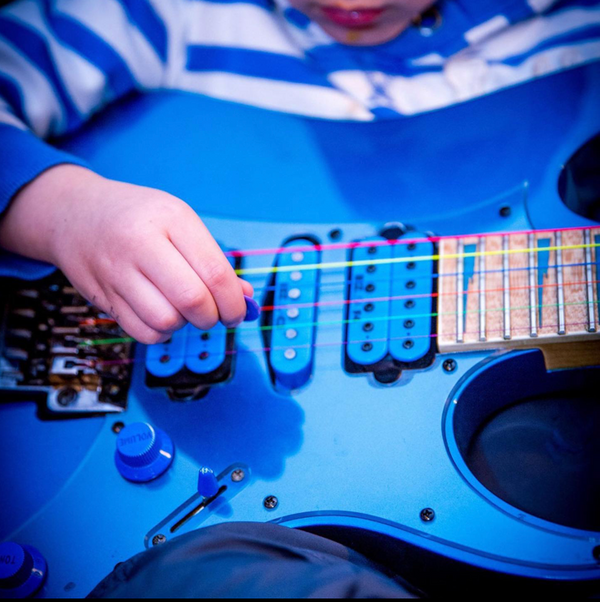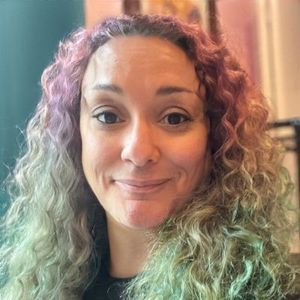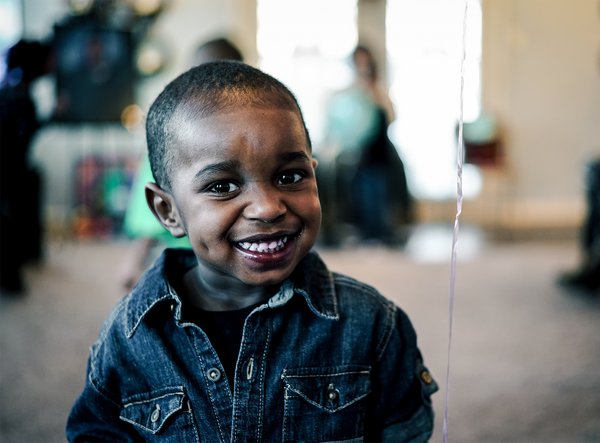I wrote an article about times when my best friends were white. For various reasons, we went our separate ways, but it was proximity, not racism, that disrupted those friendships. I mentioned in that story a relationship that ended related to racism. It has taken a little longer for me to share because I’m still a bit sensitive, but the time has come.
“Even those like myself, who often write about and focus on race, inequality, and man’s inhumanity toward man, can have good white friends and not let things get in the way. I’ve had it happen the other way, where a friendship fell apart due to racism, but it was the exception and not the norm.”
I met Earl at work; we were similarly-aged sales managers at a mid-sized telecommunications firm at their Orlando office. In theory, we were competing against each other for recognition and future promotions, but that never came between us. We shared information, often lunched together, and referred potential hires to each other that might be better suited to the other’s sales group. We were friendly without being great friends. We never went to each other’s homes for meals but did play an occasional round of golf on the weekends.
A few years later, I left the firm to start a business where I often needed part-time employees for special events like concerts and sporting events at the local arena and football stadium. The number of locations I needed to staff typically ranged from two to six (sometimes as many as ten). I had a group of regulars who managed stands, including Earl, whose family and friends staffed one of the two top locations. He/they were dependable, timely, and trustworthy; though I was his part-time employer, we were still good friends.
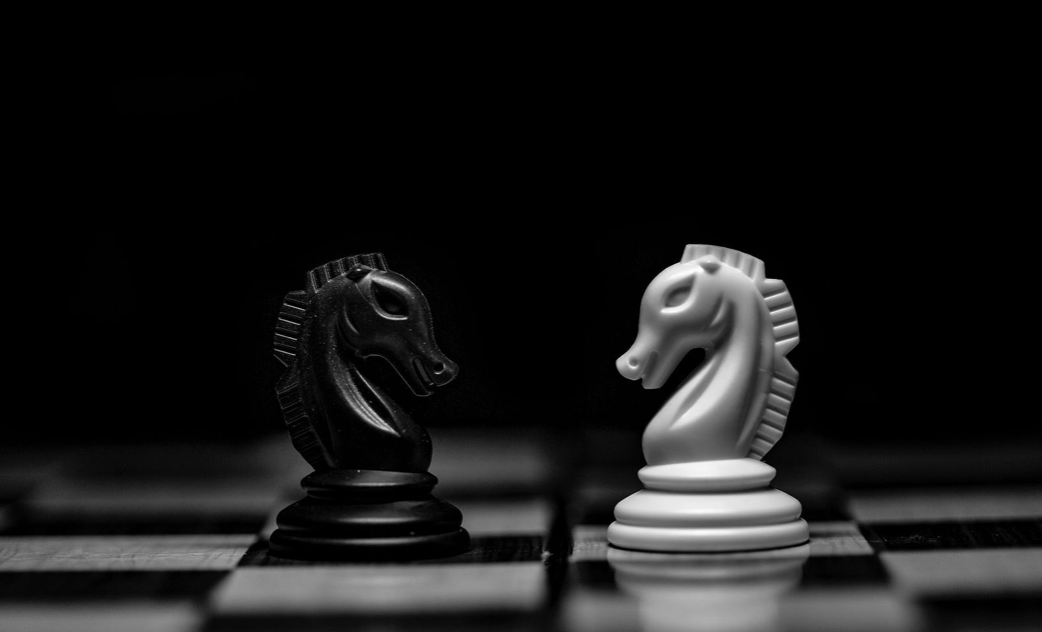
I often had two of my children working with me at some events. Earl brought his wife and three children into his operation, so many of our family members knew each other and interacted. My business was one where everyone depended on each other to count the merchandise at the beginning and end of each event. Working as a team made the difference between leaving the building at midnight or 3:00 a.m., depending on the event. We relied on each other to do their part, and I always knew I could count on Earl.
There came a time when he and his adult children moved to Northern Virginia. Coincidentally, I got an opportunity to manage the merchandise at the Richmond Coliseum, and my first call was to Earl. I had helped his oldest daughter get work at the US Open in New York and several Super Bowls. I was a subcontractor at those events, and she didn't work for me, but we saw each other daily for weeks at a time, and I always kept up with what her father was up to.
There came a time when I got a call in Orlando that Earl was in town visiting family and had been hospitalized after suffering a heart attack. I went to see him at the hospital, making it the first time in decades I’d visited anyone in the hospital who wasn’t family. Thankfully, he fully recovered, and I saw him a few times during his stay.
Earl retired from working with me in Virginia. The job required a lot of time on one’s feet, and though Earl seemed relatively healthy, he didn't need the stress or the money. I regularly saw his son and two daughters while I had the contract in Richmond.
Earl and I were also longtime Facebook friends, occasionally commenting on each other’s posts. I had begun writing wordy posts on the subjects I write about today: race, history, politics, and education. Somewhere along the way, the topic of abortion came up, with Earl suggesting it was okay for Black children to be aborted because they would likely turn out as either criminals or a drain on government resources. I was shocked and sent him a private message to be sure I understood him correctly, which he confirmed.
Earl went on to suggest I immerse myself in the writings of Dr. Ben Carson and economist Thomas Sewell, who would no doubt set me straight on racism or the lack thereof. I get disparaging comments all the time, some of which are racist. Many come from anonymous people; most are from people I don’t know. But here was something from someone I considered a good friend, and it was as if I didn’t know him at all. I was genuinely pained for a few days while I pondered what to do, and for the second time in my life, I blocked someone I knew on Facebook. The first was a woman I went to high school with who continually made personal attacks against friends of mine in comment threads.

I was still Facebook friends with Earl’s son and daughters. His son had always seemingly admired me and continued to make positive comments about my writing. I would see his daughter a couple of times a year at the US Open and Super Bowl, where we worked annually. If his children knew their father and I weren’t speaking, they never brought it up.
All this occurred several years ago, and I recently checked in on my former friend to see if there was any hint he’d changed. I have a new Facebook page because I was hacked, where Earl isn’t blocked, and I was able to catch up on his doings. He appears to be alive and well and still married to his wife, Cathy. I saw pictures of his children and several grandchildren, many of whom I first met when they were small. He has 181 Facebook friends, none of them presenting as Black; he used to have a dozen or so Black friends, including me.
Most of his postings were about fishing, his motorcycle, and traveling. He was almost apolitical until I ran across his post about The 1776 Report, which was a Trump-inspired revision of history suggesting systemic racism wasn’t a thing that he wanted taught to all children.
‘This book needs to be mandatory reading in intermediate school and again in high school. It is available on Amazon for $14. A worthwhile investment that you can discuss with your children about the true history of America, not the psychobabble they are trying to teach today.”
— former friend Earl
I still have many friends with opposing political views, but I drew the line at wanting to erase Black babies. His view wasn’t about the right of women to choose but that the world would be better off with fewer Black people. He has a right to believe whatever he chooses, and I have the right to remove myself from his racism.

